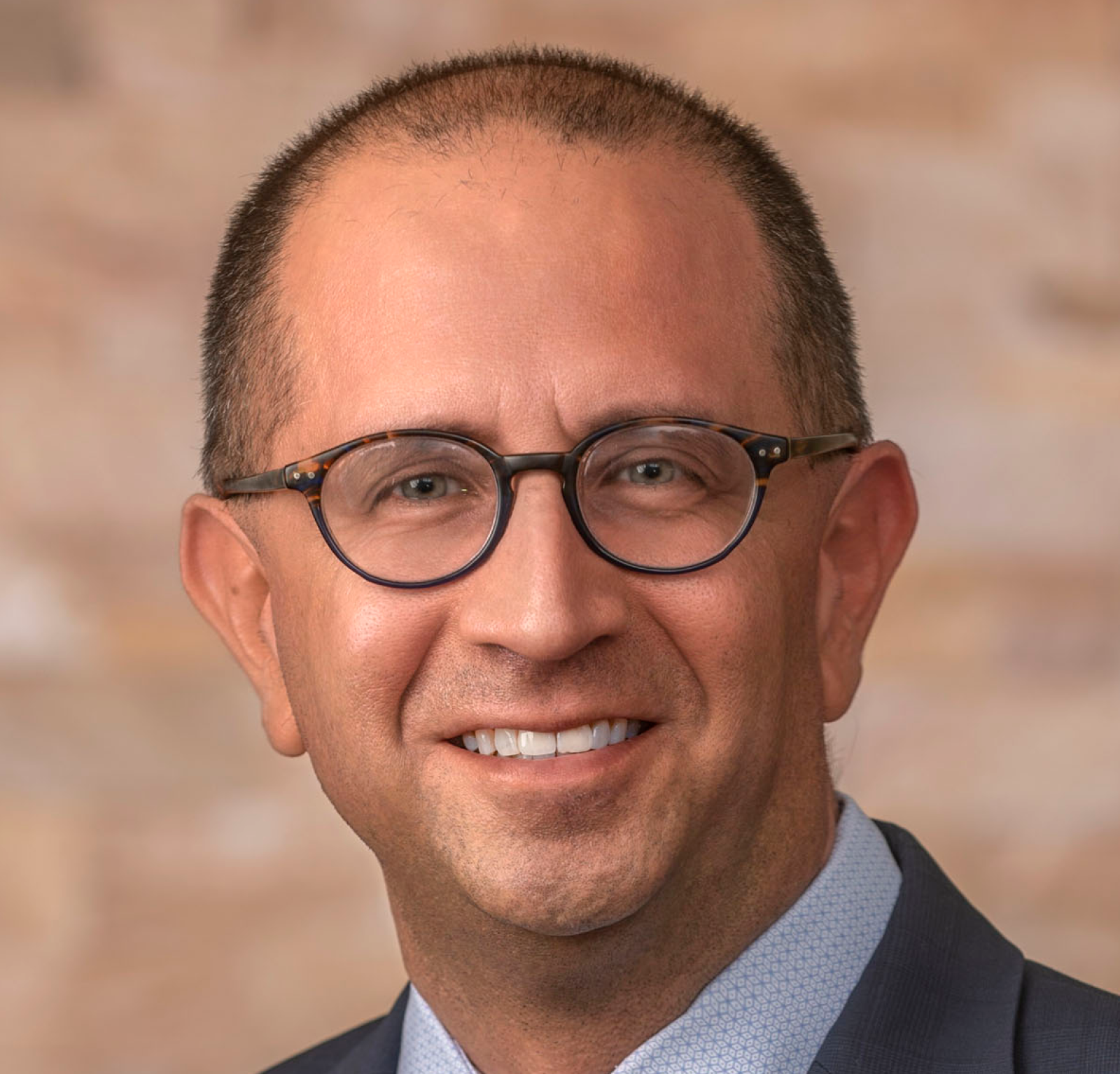Center of Excellence will focus on patient experiences to improve cancer diagnosis
The Agency for Healthcare Research and Quality has chosen 10 research initiatives to accelerate improvement of the diagnostic process, including “Improving Cancer Diagnosis” (ICDx), a joint effort of Brigham and Women’s Hospital in Boston and the University of Washington Medical Center in Seattle.
The 10 Diagnostic Centers of Excellence — health system-based centers of expertise focused on diagnostic safety — represent a shift in AHRQ-funded research programs. The new approach allows for long-term investment in diagnostic safety and quality research by growing the number of experts in the field and establishing capabilities that will continue beyond the funding period.
ICDx will identify, support and learn from patients with delayed diagnoses of breast, lung, colorectal or prostate cancer by integrating safety science with approaches used by communication and resolution programs (CRPs). Gordon D. Schiff, M.D., Associate Director of Brigham and Women’s Center for Patient Safety Research and Practice, co-leads the center with Thomas H. Gallagher, M.D., Associate Chair for Patient Care Quality, Safety and Value at the University of Washington School of Medicine and Executive Director of the Collaborative for Accountability and Improvement.

Thomas H. Gallagher, M.D.

Gordon D. Schiff, M.D.
Delayed diagnosis of cancer is a leading driver of malpractice lawsuits and has been difficult to study because it most often occurs in ambulatory settings over an extended time period and is seldom captured by typical incident reports or electronic medical record reviews. The National Academy of Medicine estimates diagnostic error affects one in 20 adults each year and researchers estimate it likely causes more harm than all other medical errors combined.
To broaden the approach to reducing delayed diagnosis, ICDx is guided by advisors with expertise in systems engineering, communication and resolution, malpractice insurance, patient safety, quality improvement, and diversity, equity and inclusion. Patients, consumer-led community groups and public health and safety organizations in Massachusetts and Washington also serve as advisors, including the Betsy Lehman Center for Patient Safety.
The project aims to support as well as learn from patients affected by delayed diagnosis
ICDx is working with two affiliated cancer centers, Dana-Farber Cancer Institute in Boston and Fred Hutchinson Cancer Center in Seattle, to identify approximately 240 patient participants over the next three years who have experienced a potential delay in their cancer diagnosis.
Researchers will query electronic medical records, collaborate with primary care physicians and oncologists to learn about new cases and seek patients and family members who have voiced concerns about the timing of a diagnosis. ICDx will also invite a random sample of patients to participate and will oversample historically marginalized groups. Patients who are Black, from ethnic minorities, un- or under-insured or poor experience a disproportionately high rate of late-stage diagnosis. Valerie Stone, M.D., M.P.H., Vice Chair for Diversity, Equity, and Inclusion of the Department of Medicine at Brigham and Women's Hospital, who serves as a lead investigator for the project, will oversee the project’s focus of historically marginalized patients who face barriers and delays.
Enrolled patients will be asked to share their story and concerns, including their view of what “went right” and what “went wrong” in the diagnostic process. Two patient advocates — one in Boston, one in Seattle — will conduct structured conversations with patients, support them and follow up on their concerns. All outreach, interviews and other communication with patients will be sensitively conducted and analyzed in consultation with the group’s CRP experts.
Over the last 10 years, a growing number of hospitals and other health care organizations have developed CRP programs that guide provider efforts to openly communicate with patients in the aftermath of medical harm, work diligently to find and correct the root causes of events, and compensate patients when the harm they experienced was preventable.
Dr. Schiff says ICDx aims to advance the accomplishments of CRPs and “move into a different realm of understanding and learning. We need to learn how to do an even better job than CRP has done in the last decade.” He notes, “One special aspect of this project is that we don’t want to just do research on these people. We will support them as well as partner with them to help catalyze improvements to help future patients.”
Massachusetts plays a strong role in diagnostic safety

Doug Salvador, M.D., M.P.H.
Six of AHRQ’s 10 Diagnostic Centers of Excellence, including ICDx, have at least one Principal Investigator based in Massachusetts. Doug Salvador, M.D., M.P.H., Senior Vice President and Chief Quality Officer at Baystate Medical Center in Springfield and President of the Board of the Society to Improve Diagnosis in Medicine, notes that the state’s contributions are even more extensive than they first appear. “It’s pretty remarkable how many collaborators working across the 10 centers are in Massachusetts,” he says. “There are people at Baystate, for example, who are not listed as PIs, but are working with the Johns Hopkins group focused on diagnosis in emergency medicine.”
For many years, diagnostic error received little attention and scarce funding for research. According to Dr. Salvador, until recently, many people, including Dr. Schiff, “have done a lot of research on shoestring budgets.” Financial support has come from multiple sources, including the federal government, charitable foundations and malpractice insurers, and is beginning to improve. “When there was not much funding,” says Dr. Salvador, “the community of people working on diagnostic safety really came together and just focused on collaborating and working to solve the problem.”